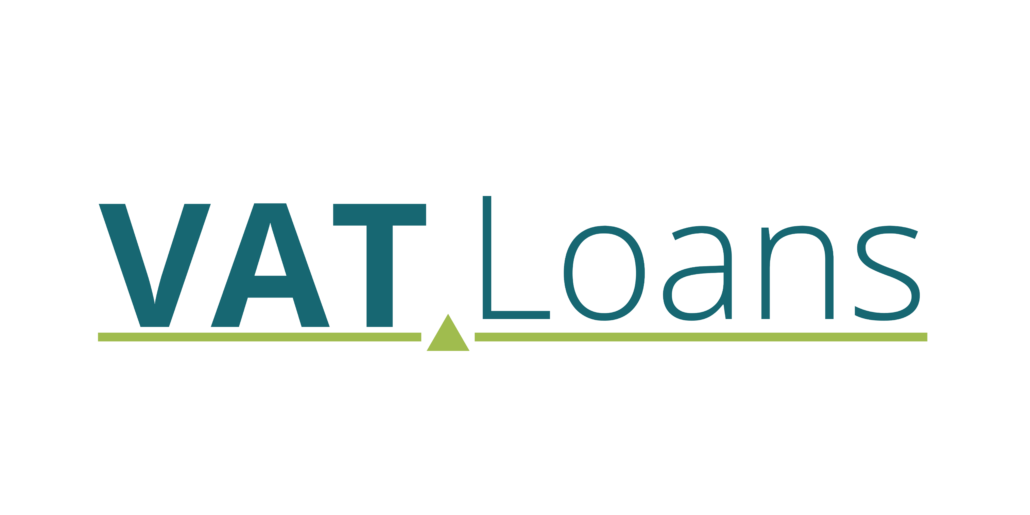What is VAT?
VAT, or Value Added Tax, is a tax levied on goods and services in the United Kingdom. The money collected is used to help fund public services like healthcare, education, and transportation.
VAT applies to most purchases – any business making sales of over £85,000 a year must register and add the tax to their prices. It currently sits at 20%, but registered charities can receive a discounted rate of 5%. Despite the steepness of the figure, it helps the government raise billions of pounds each year. This money is then used for important social projects and services that protect British citizens across the nation.
Does my business need to pay VAT?
If you are running a business in the United Kingdom, then the answer to this question will depend on your turnover as well as the type of goods or services you provide. All businesses that have a turnover above £85,000 must register for VAT.
This amount is subject to change and it’s important that you check with an accountant or financial advisor throughout the year to make sure that you are up-to-date with the current regulations.
How do I calculate my VAT bill?
Working out what your VAT bill is can seem a daunting task. However, it doesn’t have to be. By familiarising yourself with how VAT works, as well as taking the appropriate steps, calculating your VAT bill in the UK can become a straightforward and simple process. Use HM Revenue & Customs’ online guide to work out how much your business needs to pay. Or you can contact the HMRC helpline if you need more information or help with the calculation. As long as you keep good records of all your business sales and purchases, you’ll have all the information required to work out what your VAT bill will be each quarter.
What happens if I pay my VAT bill late?
Failing to pay VAT bills on time can leave businesses liable for late payment costs. The first step of late payment is a formal written reminder. This reminder sets out the amount that is owed and the deadline for payment.
If a business fails to meet the payment requirements, then HMRC may charge a daily fine as well as interest on top of the outstanding amount, which will increase the longer it goes unpaid.
Furthermore, fines can rise with repeat offences and incur administrative costs too. In more serious cases, HMRC could take further action such as requesting immediate full repayment or referring matters directly to an enforcement agent to collect what’s owed. It is therefore essential that businesses keep up-to-date with their VAT payments and deadlines to avoid incurring additional financial penalties.
What is a VAT loan and why do businesses use them?
A VAT loan is a short-term solution to provide businesses with access to funds that will cover their VAT payment obligations. This type of loan helps bridge the gap between when cash comes in and when tax needs to be paid out.
By securing a VAT loan, companies can operate smoothly while ensuring that all their tax obligations are taken care of. Not only does this reduce stress, but it also keeps companies in good standing with financial and taxation authorities.
How does a VAT loan work?
A VAT loan will be paid by the financier directly to HMRC on your behalf. By getting a VAT loan it allows you to spread the cost of your VAT liability into smaller, affordable payments over a 3-month period. Not only this but financing your VAT guarantees that all legal requirements of being VAT registered are met. Having those checks taken care of takes stress and responsibility out of your company’s hands.
How much can I borrow?
By taking out a VAT loan through us, you can borrow anything from £10,000 to multi-millions.
You can use our FREE online VAT loan calculator to get indicative pricing on what your monthly repayments might look like.
How often can I get a VAT loan?
As VAT is paid quarterly, the loans are usually granted at a quarter at a time. So your loan can be renewed each quarter as required.
Is my business eligible for a VAT loan?
Get in touch to check your eligibility today!

